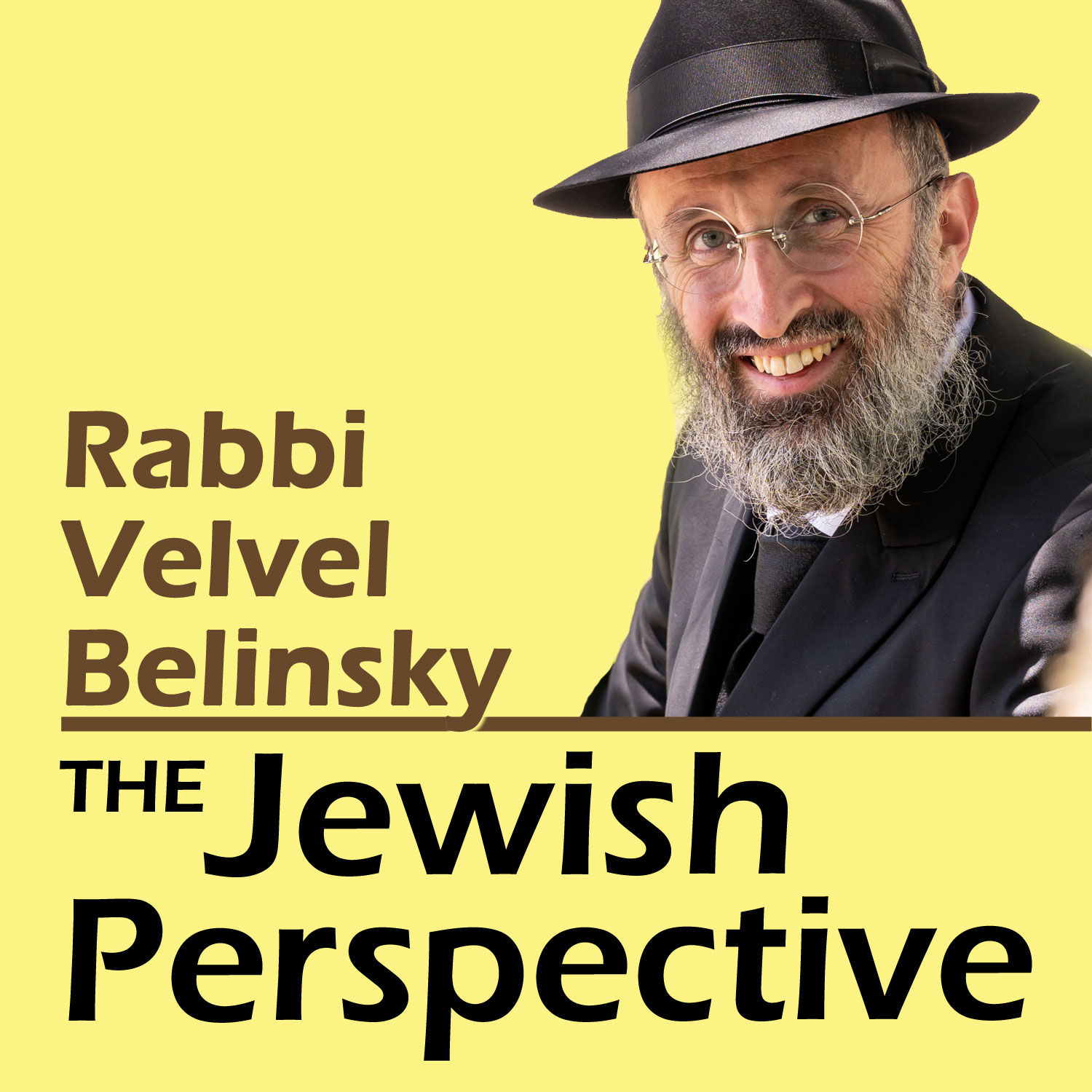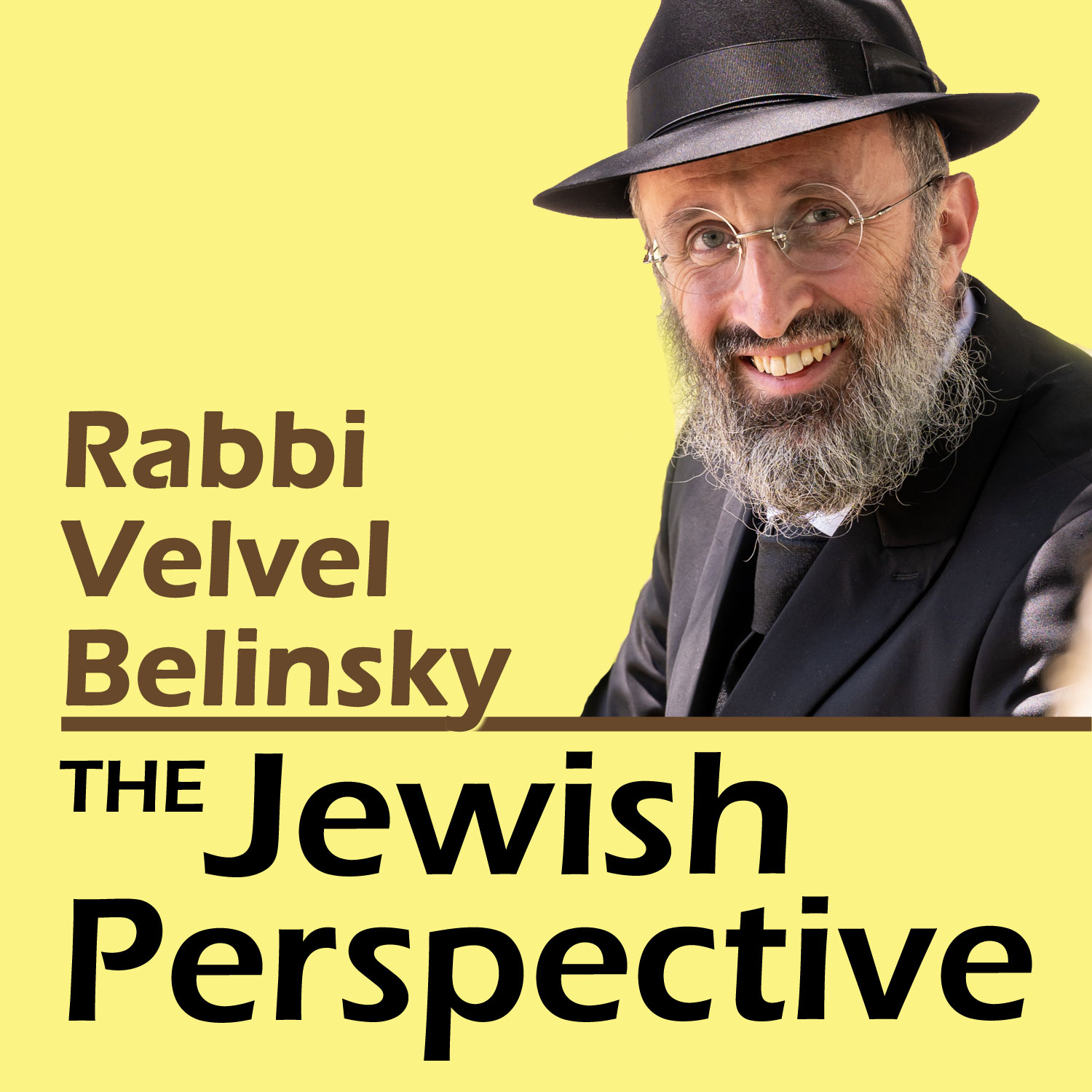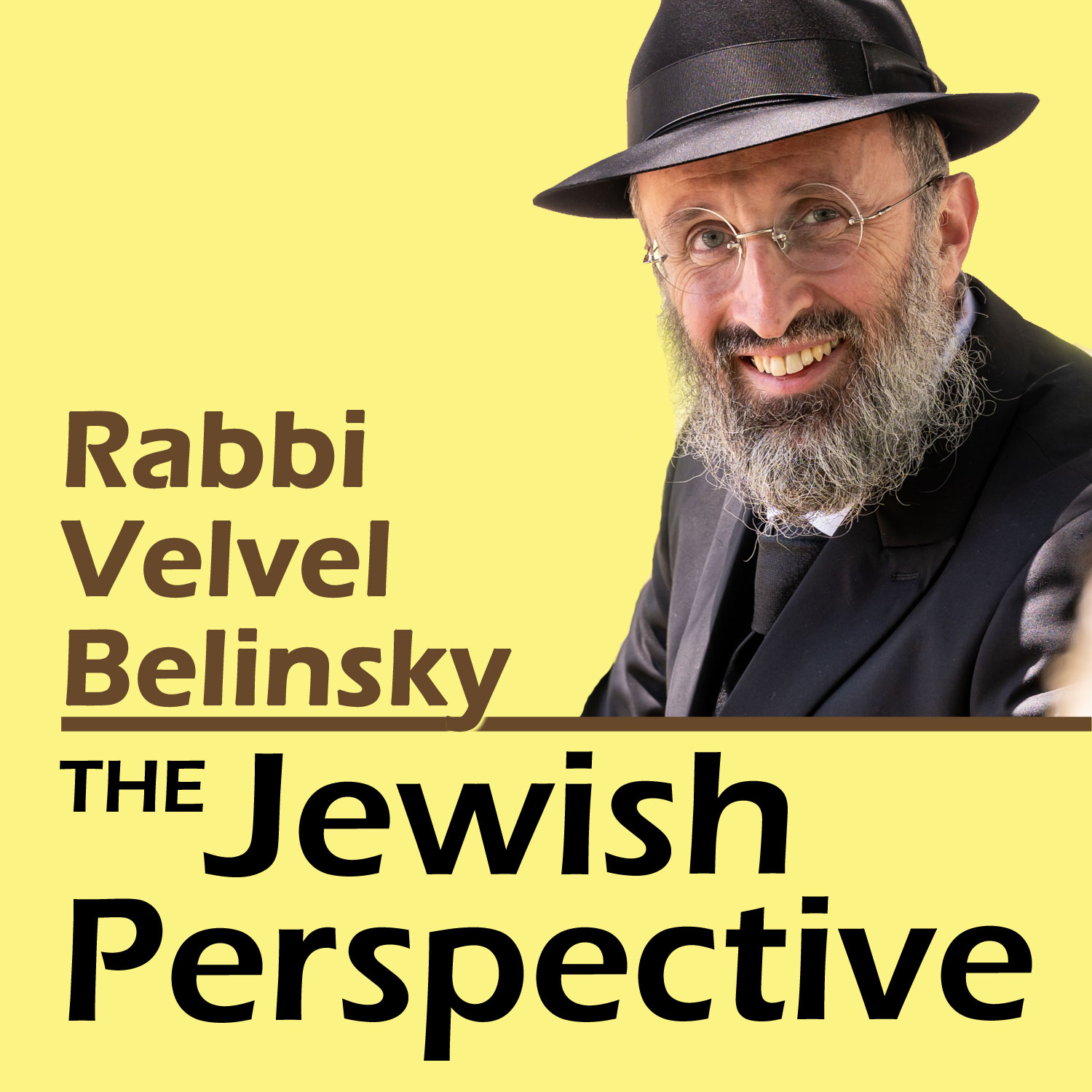Episode Transcript
[00:00:00] In the Torah about a Moabite king whose name was Balak, he has already made attempts to conquer the Jews while they were traveling through the desert, and these attempts were obviously not successful. So he decides to hire a prophet to curse them. And he finds a non Jewish prophet whose name was Bilaam, and he sends his, his men, his messengers to him, a delegation asking him to please do this job for him.
[00:00:35] And they come and they offer him a lot of money and they say, please curse the Jews for us. And Bilaam says, listen, I'm a prophet of God and I only do what God tells me to do, so I'll speak to God. If he lets me go, I'll do it.
[00:00:50] And God tells him, no, I'm not letting you curse him. He comes back, says, sorry guys, these guys return to Balak back and they say he said no. Balak thinks, probably I didn't send them dignitaries who were important enough.
[00:01:08] Let me send him more higher ranking officials and let me offer him more money. He sends him and Balak is hoping that now Bilam was going to do it. Bilalam says, same thing, I'm going to ask God.
[00:01:22] God again says no. And then after already that again these people insist and he turns to God and God says, okay, fine, I'll let you do it, but remember, you'll say only what I will tell you, says God to Bilaam. Bilaam says yeah, and Bilaam is very excited. It says that he was so excited about it that he woke up in the morning and saddled his donkey on his own, as opposed to having somebody else do it for him like he usually does. And he goes to curse the Jews. And the end of the story is very famous that instead of cursing the Jews, he opens his mouth and only blessings come out. And the biggest blessings that we Jews receive in the entire Torah are from this non Jewish prophet, Bilam. This is a story and in our history Bilaam is remembered as Bilam ha Rasha, which literally means Bilaam the wicked. He's a wicked man. I want to ask you a question, why is he wicked?
[00:02:22] God told him he can go and do it. He did what God told him.
[00:02:26] Why is he such a bad person?
[00:02:28] There are many terrible things says in the Jewish tradition about him, but he only did what God said he can do. If God would have told him don't go, he wouldn't have gone.
[00:02:38] So what's wrong? Why was he considered to be wicked?
[00:02:43] It's not because he went to curse the Jews when God told him that he can go. It is because he was excited about it. He did it with zest. He really wanted to do it. You see, sometimes you have to do things that you have to do. But do you really want to do them? Do you do them with excitement? When you have to punish your kids, you punish them because you have to punish them. But are you excited about it? But he was very excited. This is why he's a wicked person.
[00:03:11] Now what does it really mean? Let's try to understand.
[00:03:16] There are three components to every deed.
[00:03:20] The intent, the action and the outcome.
[00:03:24] And they don't always have to be connected. I sometimes couldn't have the best intent. You know, I can wake up in the morning and thinking that I will go to gym today.
[00:03:34] And then the day starts and I don't go to gym. So I have intent without any action. I could have intent and action, but this action won't have an outcome.
[00:03:43] So many times people try their best and there's no outcome. For whatever reason it is.
[00:03:49] Sometimes outcome could be without much work or without any work at all.
[00:03:54] People win lotteries, okay?
[00:03:57] Sometimes people do an action which is not intentional. So there's no intent, but there's an action.
[00:04:03] So these three components don't have to be connected with each other.
[00:04:07] So my question is, when you judge someone, when you look at another person, how do you evaluate them primarily based on which one of these three components? Dominant is the main part of how we evaluate another person. What is the hierarchy of the three components when we assess someone else? So now in the non Jewish philosophy, there are actually different schools of thoughts that tell you to look at. Different schools of non Jewish philosophy put the hierarchy of these three components in different order. For example, Immanuel Kant believed that you only need to look at the action. The outcome is irrelevant and the intent is irrelevant.
[00:04:57] In other words, if person is doing the right thing, sometimes you do the right thing and the outcome is wrong.
[00:05:03] The most famous example is a Polish lady during the Holocaust is hiding a Jew and a Nazi knocks on her door and asks, do you have Jews hidden here?
[00:05:16] Now if she is going to say the truth, she's going to say yes and you should say the truth all the time. So she's doing the right thing and the outcome will be wrong.
[00:05:28] So sometimes you do the wrong thing to have the right outcome. So Immanuel Kant actually sincerely believe that in this case she has to say the truth. Because he said we only pay attention to the action, not the outcome.
[00:05:41] She has to say the truth. She has to say that, yes, I have a Jew here. And then chips may fall where they fall, but people always have to do the right thing. That's what Emmanuel Kant believed. Now, Jeremy Bentham, on the other hand, believed only on the outcome. And he said, the action and the intent is irrelevant.
[00:06:00] He had a school of thought called utilitarianism, which, as its name suggests, looks only at the utilitarian purpose of every deed and every action.
[00:06:11] Now, what does the Torah say?
[00:06:13] This is what the Torah says. Very interesting that when it comes to a Jewish court, a Jewish court should look only at the outcome first and only then at other components. The primary part is outcome.
[00:06:32] And I would assume in Jewish courts we see the same thing. If someone shot someone, so if he killed him, then it's a murder trial.
[00:06:42] If he missed, then maybe it's attempt murder or something like that, but it's not a murder trial.
[00:06:49] So they first look at the outcome.
[00:06:52] If there is a murder, then you look at everything else as a murder trial. If not, not, that's what the courts should do. According to the Torah, the Talmud says that a judge is supposed to only look at whatever is presented to him in front of his eyes. We don't know people's intentions. We don't know anything deeper than that. We can only, first of all, judge by the outcome.
[00:07:16] Now, when God looks at people, he judges us by our actions.
[00:07:25] This is why every single mitzvah is a commandment to do things, not to have things done.
[00:07:31] For example, if a lady is lighting Shabbat candles, and we know that according to the law, Shabbat councils, Shabbat candles supposed to be burning for a certain amount of time after Shabbat starts. And suddenly, right after Shabbat already begun, strong wind blows out these candles. An unusual wind comes and puts them out. Did she fulfill a mitzvah?
[00:07:56] If at the moment when she lit, they were supposed to be burning enough time according to normal circumstances, then she did a mitzvah, but they were put out. God only looks at our actions as far as mitzvahs are concerned. That's why it says that if I'm doing everything physically possible, if I'm doing everything I can physically to fulfill mitzvah and don't end up doing it, God counts it as if I did it.
[00:08:21] By the way, when I was in yeshiva, our principal, let's say, call over someone like a boy who came late or something, and he says, why'd you come late? And he says, I tried. I really tried. I tried very Hard.
[00:08:32] The principal would say, if you try very, very hard and you do everything possible and you don't succeed, God counts it as if you did it. But I don't.
[00:08:43] Because God looks what effort we put into it. God looks at our actions.
[00:08:50] Now then, there's another completely different dimension. We spoke about how judges look at things.
[00:08:59] Why? Because judges evaluate only what effect your action has on the world around you.
[00:09:07] But what effect does your action have on you?
[00:09:11] We know that whatever I do has affected me as well.
[00:09:15] When you look at that, then my intent is the main thing.
[00:09:19] Why? Because if I do something bad inadvertently, we all make mistakes.
[00:09:25] It's bad for me, but it's not as bad is if I would do it with malice, as if I would do it intentionally.
[00:09:32] So for me, the worst thing, as far as who I am, my intention is the main thing now. So who I am, that's what determines whether I'm a righteous person or whether I'm a wicked person.
[00:09:44] So that's why Bilaam is called Bilaam the Wicked. Because for him, as far as he's concerned, his intent was the main thing, and he was very excited to curse the Jews.
[00:09:55] Now, sometimes wicked people do very good things. You know why? Because they are very excited to do bad things. But then they know how to control themselves and they overpower themselves and still do the right thing.
[00:10:10] Sometimes wicked people want to do bad things and don't end up doing them. Like in the case of this Bilaam, who wanted to curse the Jews and ended up blessing them.
[00:10:18] So we see now how the Torah is evaluating him as a wicked person because of his intent, because of how excited he was to do bad things. But it's a lesson for us how we should look at ourselves and what we should be able to say about ourselves and others in the world around us.


